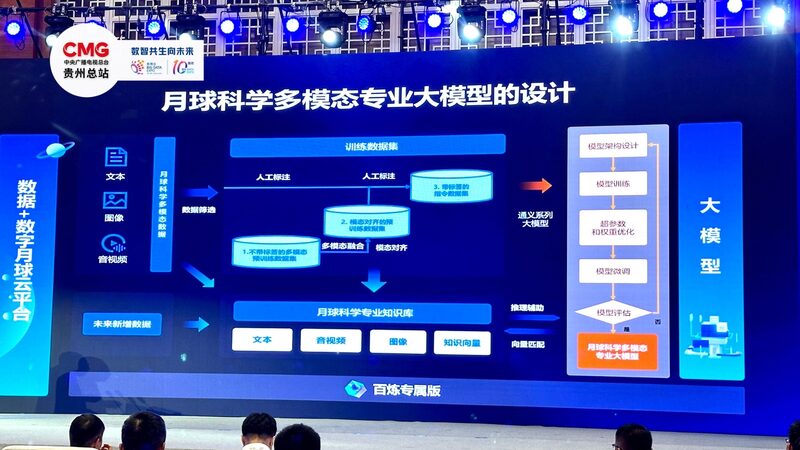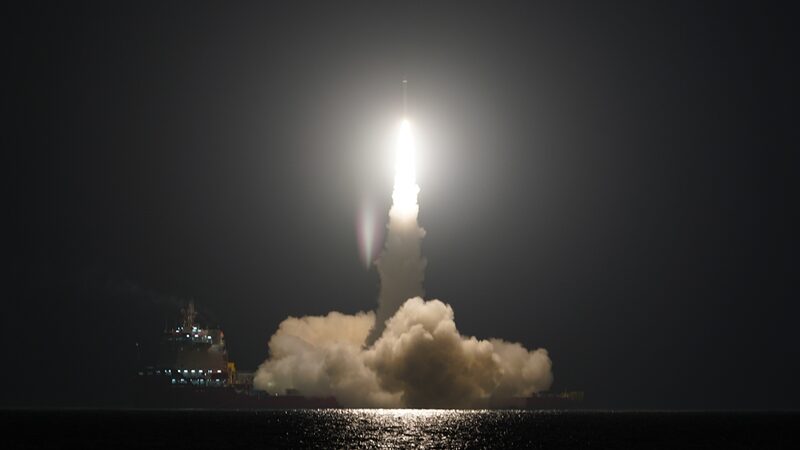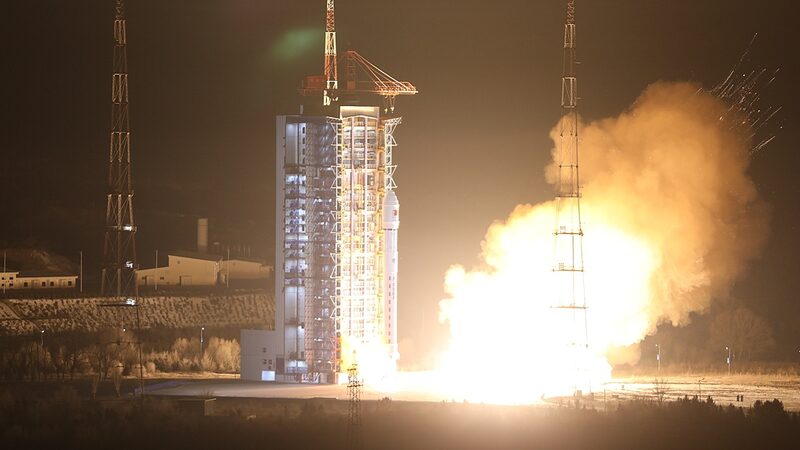China's groundbreaking launch of 12 advanced satellites on May 14 marks a pivotal leap in orbital computing capabilities. The Three-Body Computing Constellation project, developed by Chengdu-based ADA Space and Hangzhou's Zhejiang Lab, aims to deploy thousands of satellites offering 1,000 peta operations per second – equivalent to hundreds of supercomputers working in unison.
The current cluster already achieves 5 POPS through AI-driven systems and 100 Gbps laser links, enabling real-time data processing for applications ranging from lunar missions to disaster response. "This isn't just about satellites – it's about reimagining computing architecture itself," said Zhao Hongjie of ADA Space.
Why Space Computing Matters
With satellite data volumes growing exponentially, traditional Earth-based processing faces critical bottlenecks. "In-orbit AI analysis cuts latency from hours to milliseconds," explained CAS academician Wang Jianyu. The system's autonomous capabilities could revolutionize global weather forecasting, maritime navigation, and emergency response coordination.
Overcoming Cosmic Challenges
While promising, the $Billion-scale project faces radiation-hardening requirements and technical hurdles in reusable rocket development. Wang Jian of Zhejiang Lab notes: "This demands global collaboration, not corporate competition." ADA Space's Star Compute initiative now unites 54 international partners to develop a 2,800-satellite network, signaling China's commitment to open innovation in next-gen space infrastructure.
Reference(s):
From Earth to orbit: China's ambition to advance AI space computing
cgtn.com








